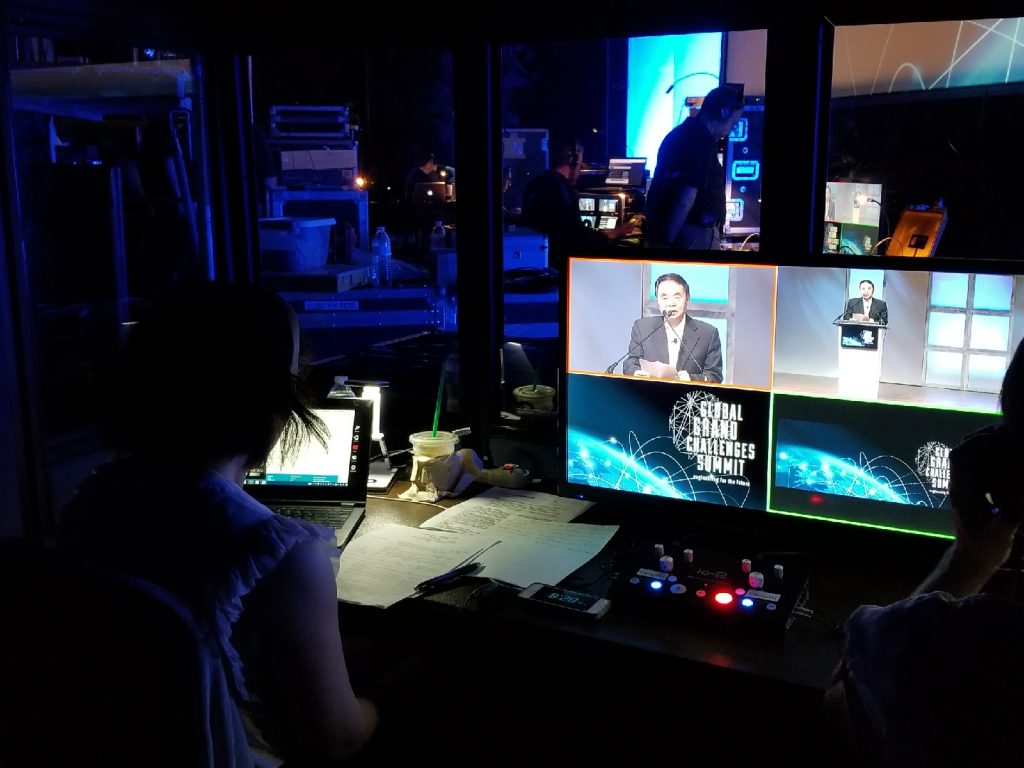Simultaneous interpreting is the most rigorous of interpreting modes. Only a small percentage of professionals can truly work simultaneously (listen to speaker in source language, render it into the target language, while listening to the next segment in the source language). It is also a misnomer, because there has to be décalage in order to avoid distortion of the meaning.
Skilled simultaneous interpreters should speak both languages fluently without heavy accents. Indeed, they must also possess excellent public speaking skills so that the audience enjoys hearing the interpretation. The subject material of the meeting, seminar, or event is critical when you request interpreters. An interpreter whose expertise is medical interpreting may not be the best for your quarterly meeting!
For you to have a successful meeting, it is imperative that you provide the interpreters written materials and/or presentations immediately so they may properly prepare. Even experienced interpreters do not have mastery over every matter under the sun. We cannot stress enough the importance of helping the interpreters prepare themselves for your session. Please supply us with advance scripts of the presentations, even if they are drafts.
Simultaneous interpreters generally work in pairs, due to the concentration and stamina essential with language and voice usage. The pair usually works 30 minutes at a time. If the meeting lasts less than one hour, it may be possible for a single interpreter to cover it. In order to reduce expenses, attempt to schedule meetings so they occur at the same place and time.
Finally, if your seminar is at least three hours, conference interpreting solutions (booths, consoles, etc.) with an experienced conference audiovisual technician are essential. This type of event is not your run-of-the-mill audio equipment. The technician works in conjunction with the interpreters so that your non-English speaking audience receives the message and impression that you care about them. Knowledge is power. Being armed with information on how to plan your meeting with a multilingual audience positions you as an expert organizer with another tool in your arsenal.

